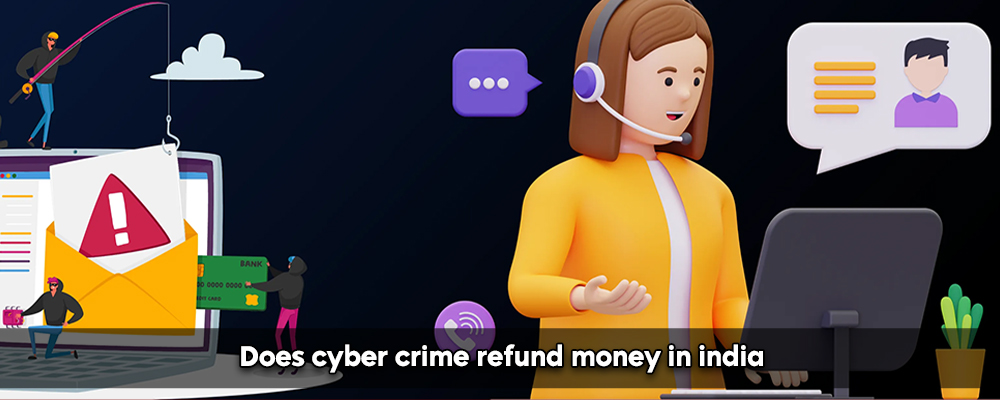It is possible that you were duped into sending money to a criminal’s account, that a criminal gained access to your online banking account and misled you into authorizing payments, or that you were duped into investing in a scam or into sending money to a romance scammer (catfish). No matter how the money was obtained, take the actions listed below.
Need A Legal Advice
The internet is not a lawyer and neither are you. Talk to a real lawyer about your legal issue

Get your money back from online frauds first!
- Call the police about it: You must notify the police of the problem as soon as possible. For you to interact with your bank and other institutions, you will require a crime number issued by the police. Most online frauds and scams that you submit to Action Fraud are of this type. By reporting the scam, you may also be able to get your money back and help put an end to it.
- Speak with your bank: As soon as possible, you should also get in touch with the financial institutions handling the payments. With the help of this Cybera program, you can quickly freeze money by creating a worldwide report. If it was your bank account, get in touch with them and let them know what went wrong. You should also get in touch with the bank that received the funds if you are aware of it. They should both begin a fraud inquiry and, if this is done quickly enough, they might be able to freeze the money if it is still in transit.
- Watch out for recovery scams: following a theft, it’s not uncommon for thieves to get in touch with their targets by posing as their bank, law enforcement, or money recovery specialists. By tricking you into disclosing information that will allow for a further crime or by requesting that money be transferred into a “safe” account, the goal is to steal additional money. Never believe any messages you get over text, email, or phone. Rather, give the group a call to confirm that it was indeed them who attempted to contact you.
Strategies for handling financial losses resulting from cybercrime
The method used to steal the money will determine how you might attempt to get your money back. Here, we’ll concentrate on four distinct strategies: 1) Authorised payments—where you were duped into paying—2) Unauthorised payments—where the criminal used your accounts to make the payment—3) ID fraud—where a financial institution has impersonated you—and 4) card fraud—where money was transferred using a credit or debit card.
- The majority of banks have voluntarily agreed to a voluntary agreement since 2019 that specifies how payments made to fraudsters should be handled when you have been duped into making a payment (authorized push payment). This focuses on payments that you have made or approved and that have only been authorized by the victim. According to the rules, banks are required to look into victim allegations and determine whether they have fulfilled their obligation to prevent you from making these kinds of payments.
- When an illegal payment has been made using one of your accounts by a criminal; in this case, the payment was made without your consent since the criminal gained access to your online bank account and completed the transaction. This happens frequently when people are duped into giving up remote access to their computers, which allows the criminal to seize control and gain access to the online bank account. When a criminal uses one of your accounts to make an unauthorized payment; in this instance, the payment was made without your permission since the criminal used your online bank account to complete the transaction. This is a common occurrence when victims are tricked into granting the criminal remote access to their computers, which enables the criminal to take over and access the online bank account.
- If you have been impersonated by a financial institution (identity fraud or theft), a criminal has utilized your personal information to assume your identity. It’s possible that they obtained a credit card, loan, or cell phone contract in your name.
Lead India provides a variety of legal services, including free legal advice and online information. Here, you can ask a legal question and talk to a lawyer.




